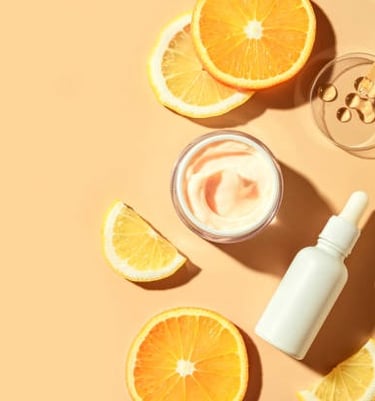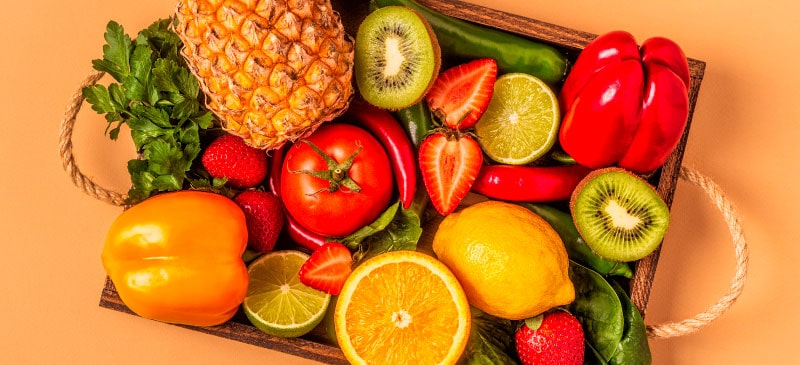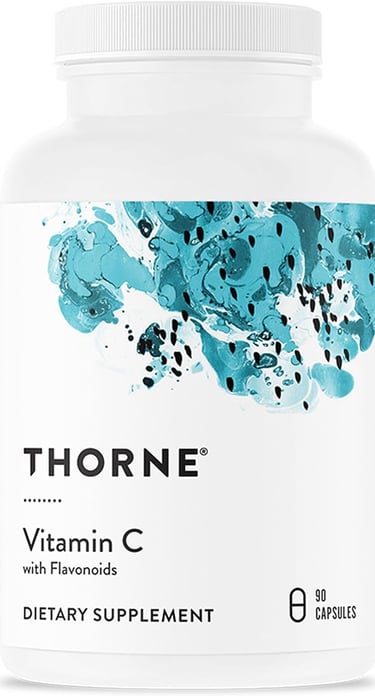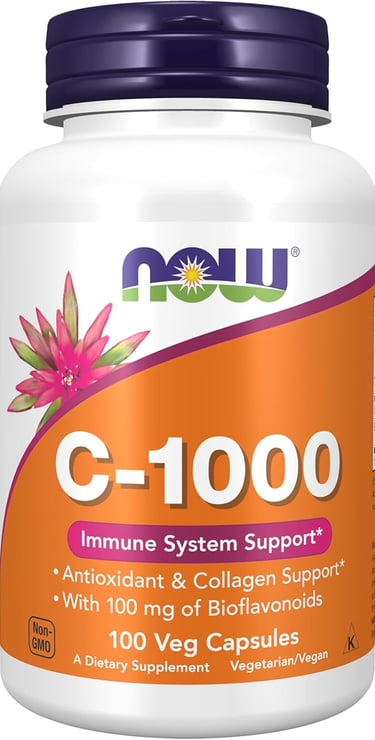How Vitamin C Transforms your Skin
Let’s be real—Vitamin C isn’t just something you get from oranges. 🍊 It’s a total game-changer for your skin and overall wellness! It helps brighten your complexion, fade dark spots, and keep your skin looking fresh and glowing. Plus, it boosts collagen, which means firmer, plumper skin—and who doesn’t want that? But the perks don’t stop at your face. Vitamin C supports your immune system, helps your body heal faster, improves iron absorption, and even gives you a little energy boost.
VITAMIN C
Lexy Adamczyk
9/21/20253 min read


The Takeaway
Vitamin C works behind the scenes to keep your skin healthy, radiant, and strong. By supporting collagen, shielding your skin from damaging molecules, and brightening your complexion, it’s a simple yet powerful addition to any skincare routine.
1. Supports Collagen Production for Healthy Skin and Joints
Vitamin C is essential for producing collagen, a protein that helps maintain skin elasticity, wound healing, and the integrity of blood vessels, cartilage, and bones. Without enough vitamin C, your body can't make collagen properly, leading to weakened connective tissues and slower recovery from injuries Office of Dietary Supplements.
2. Enhances Immune Function
Vitamin C stimulates the production and function of white blood cells, which are crucial for fighting infections. It also acts as an antioxidant, protecting immune cells from damage by free radicals. While vitamin C doesn't prevent colds, it may reduce their severity and duration PMC.
3. Acts as a Powerful Antioxidant
As an antioxidant, vitamin C helps protect your cells from oxidative stress caused by free radicals. This oxidative damage is linked to chronic diseases such as heart disease, cancer, and arthritis. By neutralizing free radicals, vitamin C supports overall health and may reduce the risk of these conditions Cleveland Clinic.
4. Improves Iron Absorption
Vitamin C enhances the absorption of non-heme iron—the type of iron found in plant-based foods like beans, lentils, and spinach. Consuming vitamin C-rich foods alongside iron-rich meals can help prevent iron deficiency anemia, especially for those following vegetarian or vegan diets Linus Pauling Institute.
5. Promotes Wound Healing
Vitamin C is crucial for the formation of collagen, which is necessary for wound healing. Adequate vitamin C intake can speed up recovery from cuts, scrapes, and surgical procedures. People with low vitamin C levels may experience delayed healing and increased risk of infection Cleveland Clinic.
6. Supports Heart Health
Vitamin C may help lower blood pressure and reduce the risk of heart disease by improving blood vessel function and reducing oxidative stress. Some studies suggest that vitamin C supplementation can lower levels of LDL (bad) cholesterol and triglycerides, contributing to better cardiovascular health Healthline.
What does Vitamin C do?
🍊 How Oral Vitamin C Helps Your Skin
Supports Collagen Production
Collagen is the protein that keeps skin smooth, firm, and youthful. Vitamin C is essential for your body to make collagen, so getting enough of it helps fight sagging and fine lines.
Fights Free Radicals
Every day, your skin is exposed to stressors like pollution, UV rays, and even stress. Vitamin C acts as an antioxidant, helping neutralize these free radicals before they can speed up aging.
Speeds Up Healing
From tiny blemishes to everyday scrapes, vitamin C helps your skin repair itself more efficiently. It supports the growth of new tissue, which is key for healing.
Strengthens Skin Barrier & Hydration
By supporting your skin’s barrier, oral vitamin C helps lock in moisture, keeping skin soft, plump, and resilient.
💡 A Quick Note on Topical Vitamin C
Oral vitamin C works wonders for your skin from within, but topical vitamin C serums target surface concerns like brightening and fading dark spots. You can find more on that in the Beauty Section.
Beyond the Supplement Bottle
While supplements are convenient, whole foods pack Vitamin C along with extra nutrients your body loves. Here are some delicious natural sources to add to your plate:


Citrus Fruits 🍊
Oranges, grapefruits, lemons, and limes are classic sources. They’re refreshing, easy to snack on, and perfect for fresh juices.
Berries & Tropical Fruits 🍓🥝🥭
Strawberries, kiwi, papaya, pineapple, and mango are bursting with vitamin C. Fun fact: one kiwi actually has more vitamin C than an orange!
Superstar Guava & Acerola Cherries 🌸
These tropical gems are some of the richest sources out there—just a small serving packs several times your daily vitamin C needs.
Colorful Veggies 🥦🌶️
Bell peppers (especially red and yellow), broccoli, Brussels sprouts, tomatoes, and kale are loaded with vitamin C. Toss them into salads, stir-fries, or even roast them for a tasty boost.
Fresh Herbs & Greens 🌿
Parsley and thyme may seem small, but they pack a big punch of vitamin C. Sprinkle them over your meals for extra flavor and nutrients.



